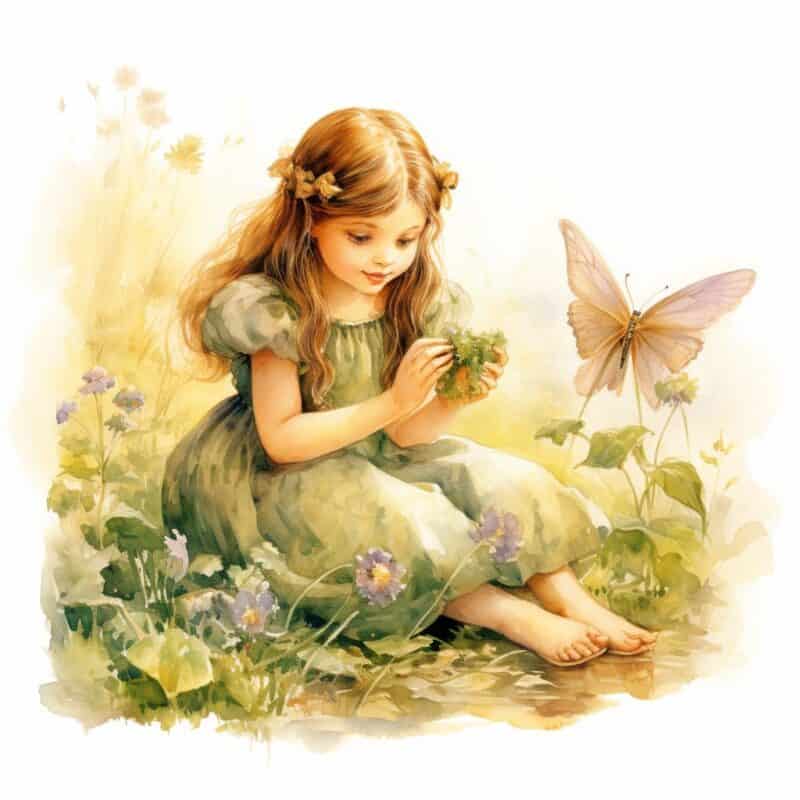There was once a woman who wished very much to have a little child, but she coul not obtain her wish. At last she went to a fairy, and said, “I should so very much like t have a little child; can you tell me where I can find one?
Continue reading →Fairy tales of Hans Christian Andersen
What the whole family said
What did the whole family say? Well listen first to what little Marie said.
Continue reading →Vänö and Glänö
Near the coast of Zealand, off Holsteinborg castle, there once lay two wooded islands, Vänö and Glänö, on which were villages, churches, and farms. The islands were quite close to the coast and quite close to each other; now there is but one of these tracts remaining.
Continue reading →The bond of friendship
We’ve recently made a little journey, and already we want to make a longer one. Where? To Sparta, or Mycenae, or Delphi? There are hundreds of places whose names make the heart pound with the love of travel. On horseback we climb mountain paths, through shrubs and brush. A single traveler looks like a whole caravan. He rides in front with his guide; a pack horse carries luggage, tent, and provisions; a couple of soldiers guard the rear for his protection. No inn with soft beds awaits him at the end of a tiring day’s journey; often the tent is his roof in nature’s great wilderness, and the guide cooks him his supper-a pilau of rice, fowl, and curry. Thousands of gnats swarm around the little tent. It is a miserable night, and tomorrow the route will head across swollen streams. Sit tight on your horse lest you are washed away!
Continue reading →Two brothers
On one of the Danish islands, where old Thingstones, the seats of justice of our forefathers, still stand in the cornfields, and huge trees rise in the forests of beech, there lies a little town whose low houses are covered with red tiles. In one of these houses strange things were brewing over the glowing coals on the open hearth; there was a boiling going on in glasses, and a mixing and distilling, while herbs were being cut up and pounded in mortars. An elderly man looked after it all.
Continue reading →Something
“I mean to be somebody, and do something useful in the world,” said the eldest of five brothers. “I don’t care how humble my position is, so that I can only do some good, which will be something. I intend to be a brickmaker; bricks are always wanted, and I shall be really doing something.”
Continue reading →Five peas from a pod
There were five peas in one pod; the peas were green and the pod was green, and so they believed that the whole world was green-and that was absolutely right!
Continue reading →The shirt-collar
There was once a fine gentleman who possessed among other things a boot-jack and a hair-brush; but he had also the finest shirt-collar in the world, and of this collar we are about to hear a story. The collar had become so old that he began to think about getting married; and one day he happened to find himself in the same washing-tub as a garter.
Continue reading →The shepherdess and the sweep
Have you ever seen an old wooden cupboard quite black with age, and ornamented with carved foliage and curious figures? Well, just such a cupboard stood in a parlor, and had been left to the family as a legacy by the great-grandmother.
Continue reading →The garden of paradise
There was once a king’s son who had a larger and more beautiful collection of books than any one else in the world, and full of splendid copper-plate engravings. He could read and obtain information respecting every people of every land; but not a word could he find to explain the situation of the garden of paradise, and this was just what he most wished to know.
Continue reading →